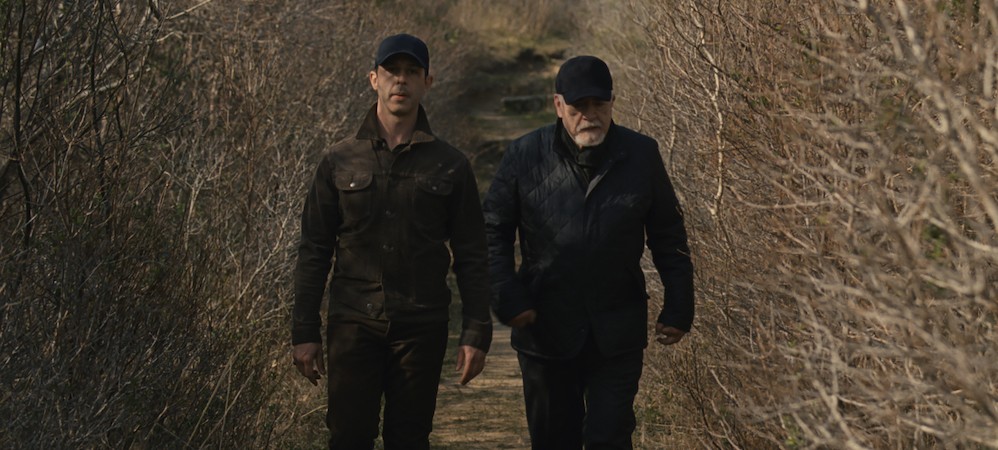Creative Producing Course of Study
The first-year courses include workshops in producing, directing, screenwriting, and directing the actor. Studio classes are comprised of a maximum of 12 students and the emphasis is on hands-on, process-oriented creative work.
The first semester culminates in a 3–5-minute film which each student writes and directs.
The culminating project of the first year is an 8–12-minute film. Each student directs a film from their own screenplay or one written by another student in their class. Additionally, every student must act as producer on a film other than the one he or she directs. Several courses in the first-year curriculum help to generate and prepare these scripts for filming in the summer of the first year.
A critique of all the finished films begins the second year of study. In the second-year curriculum, students immerse themselves in courses whose primary focus is the producing of feature films, with the concurrent study of television and new media. They may also take courses in screenwriting and television writing, sample courses open to cross-registration at the Columbia Business School, courses in other programs of the School of the Arts and throughout the University as electives. Every student must take at least one course in film history/theory/criticism (HTC) prior to graduation.
The required 60 credits of coursework must be completed in the first two years. In the third or thesis year, students must work on the production of at least three films, one of which is their thesis. Each student is required to be the sole producer of his or her thesis film. Students are also required to complete an internship working for a production or distribution company.
Students in the thesis period are no longer taking courses for credit, but they meet regularly with their advisors for intense developmental work on their thesis ideas, take thesis preparation classes, and may take elective master classes with guest filmmakers. Topics regularly offered in master classes include contract law for producers, advanced post-production for producers, feature budgeting, and scheduling. Shorter master classes are offered by a range of internationally recognized filmmakers.
Students leave the School with a portfolio of produced films, and in many cases a feature film project they have developed that is ready to be produced. Our graduates are highly employable, and enjoy a reputation as the most versatile and cutting edge of the current crop of young producers, cementing our reputation as one of the most comprehensive producing programs of any film school in the world.
